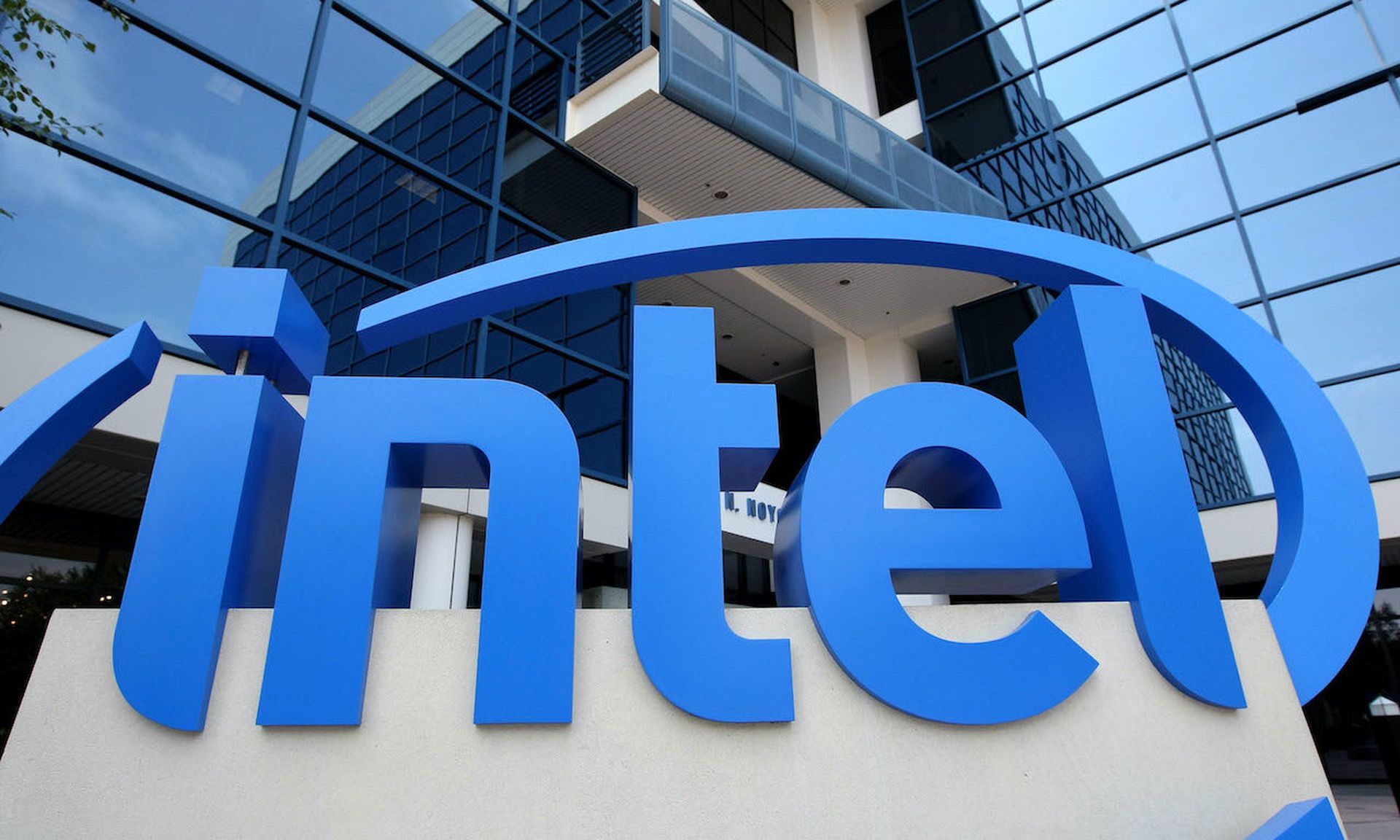Intel Labs announced Monday an initiative funded by the Defense Department's research and development arm to create hardware that accelerates how computers process homomorphic encryption.
If successful, it could thwart the hurdle that keeps the pervasive privacy and security technology out of general use.
Homomorphic encryption addresses a weakness in normal encryption – that being, the need for data to be decrypted before a computer can perform operations. Homomorphic encryption enables computers to add, multiply and search data without decrypting it first, eliminating the period of time where hackers could swoop in and steal the data as plain text, or nosy employees could snoop on private data.
The major problem, however, is the sacrifice in performance.
"If you're thinking about software processing encrypted data on CPU, it can be a million times slower," said Rosario Cammarota, principal engineer and head of Intel's Data Protection in Virtual Environments program, DARPA DPRIVE. "That's a lot better than it was 10 years ago, by the way, but it can be a million times slower."
Cammarota believes that the 42-month project with the Defense Advanced Research Projects Agency (DARPA) will bring that down to a maximum of 10-times slower, with many uses taking substantially less.
One key DARPA goal is to speed up processing of homomorphic encryption to the point where it could be used in machine learning. The applications within the military and beyond could be fairly extensive. It could fuel any project where data is too delicate to share, but pattern recognition is critical — whether that's a big data public health study involving personal details or a private contractor working on classified information.
"The target performance that DARPA is looking for within the scope of the project would actually reduce the overhead or nearly eliminate it
for other enterprise applications or massive database searches," said Cammarota.
The hardware accellerator is intended to come as a PCIe card.
Even with accelerated speed, there are several other issues to work out before the technology will be mainstream. There are problems with scaling, standardization, and readiness.
Microsoft will aid Intel Labs in testing the project, leveraging its experience with the software side of homomorphic encryption and massive computing environments. Microsoft will be able to test homomorphic encryption's performance across Microsoft's Azure platform and the military JEDI cloud platform it is currently building.
"People always talked about the drawback to homomorphic encryption in terms of speed or latency," said Cammarota. "The truth is that when you deploy a service, it's about how it can scale out."
Cammarota believes the project will be a big step forward for a much anticipated technology thats perennially 10-years away from being ready for prime time.
"When should CISO's get excited? People are already excited," he said.




